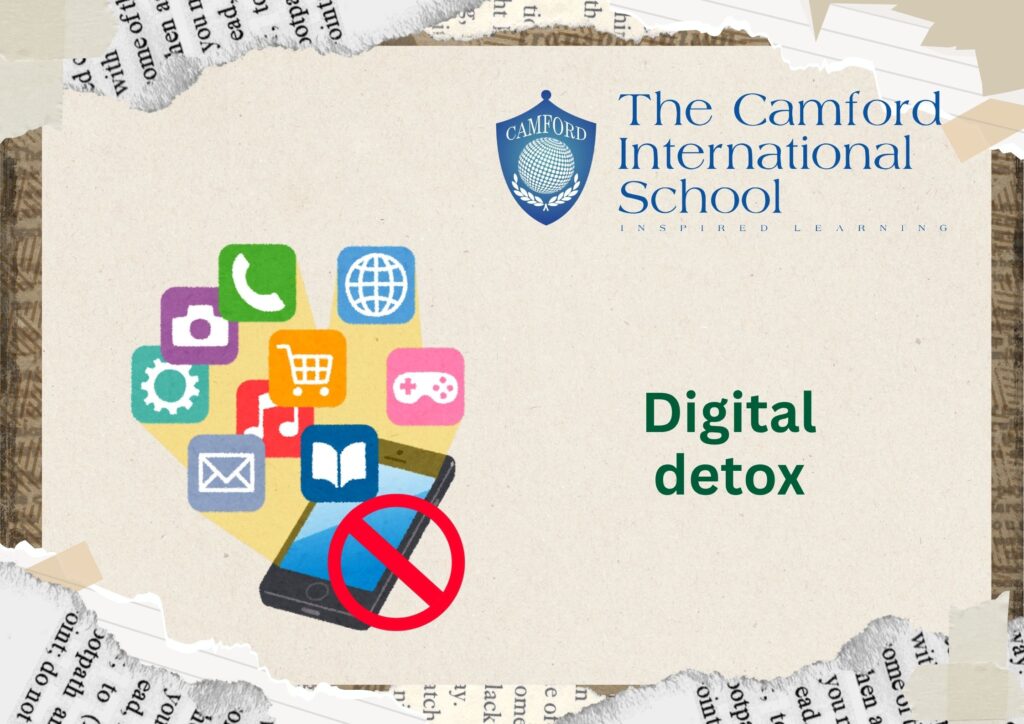Today’s students are living through a rising epidemic—digital overload. We spend nearly 45% of our waking hours staring at screens. All that intense screen time affects attention span, causes mental fatigue, and disrupts sleep. A digital detox, in which we get out of all electronics, not just social media, is a compelling reboot. In unhooking, we start reclaiming our time and focus.
Breaks reduce the impacts
Too much screen time harms mental health. Breaks reduce the impacts. Students (know how to detox your child naturally) report feeling less stressed, sleeping better, and being able to have more meaningful, in- the-moment conversations after detoxing. Staying present becomes simpler. Social media feigns to keep us connected (Click to know social media and teens). It convinces us we are near others when, in reality, it harms real social relationships. By being unplugged, we re-establish genuine connections.
A digital detox enhances productivity
We are not as distracted and therefore more engaged for genuine dialogue. A digital detox greatly enhances productivity. With fewer distractions from notifications, students are able to work longer and do tasks more effectively. Start small – turn off non essential notifications and set particular times tech-free. Create screen-free zones, like your bedroom. Use apps limiting device use and try total abstinence from social websites. Eventually, these are second nature, making detox easy, and the benefits—like clarity, calm, and better sleep —start to shine through.
| A top international school and the best CBSE school focuses on holistic development by offering world-class facilities and a nurturing environment. From well-equipped science and computer labs to a resource-rich library, students have access to advanced learning tools. The school promotes physical fitness and teamwork through a wide range of sports like football, cricket, basketball, swimming, and athletics. Creative and leadership skills are honed through diverse clubs such as debate, arts, music, drama, and robotics. With a globally benchmarked curriculum aligned with CBSE standards, the school ensures academic excellence while fostering innovation, critical thinking, and values. This balanced approach empowers students to grow intellectually, physically, socially, and emotionally—preparing them to succeed in a dynamic world. |
Author: Harish Ragav K, 12B







